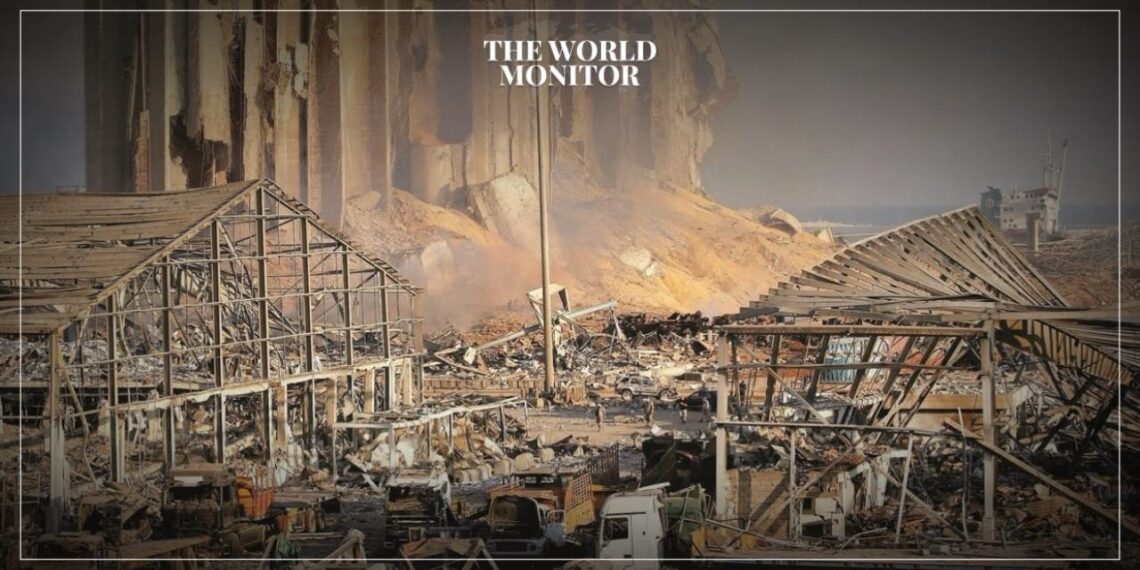Lebanese and French officials have unveiled a plan to rebuild and reorganize Beirut Port, over three years after its devastating explosion.
The French government has enhanced an initial plan presented by French engineering firms Artelia and Egis, focusing on the reconstruction of the damaged docks and reorganizing the port’s layout for coastal traffic and transitioning to solar energy.
Expertise France has conducted an evaluation of the security development recommendations for the port, with Lebanon needing an estimated $60 to $80 million to complete the reconstruction.
Beirut Port’s General Director, Omar Itani, mentioned that Lebanon plans to utilize the port’s revenues, which have seen an increase post the COVID-19 pandemic and amidst Lebanon’s unprecedented economic crisis, aiming for $150 million in 2023.
The meeting was attended by Lebanese Prime Minister Najib Mikati, French Ambassador to Lebanon Herve Magro, and representatives from the French companies.
Prime Minister Mikati highlighted the significance of France’s support for Lebanon in this regard, considering it of special importance as it represents the heart of the international community.
Ambassador Magro affirmed that the reconstruction of Beirut Port is one of France’s priorities in supporting Lebanon, adding that the Lebanese economy indeed requires a rebuilt, modern, and safe Beirut Port.
However, the presented plan does not address the fate of the port’s large grain silos, which absorbed much of the explosion’s impact, effectively shielding the western part of Beirut from the blast.
The explosion in August 2020 in Beirut was one of the largest non-nuclear explosions ever recorded, claiming over 200 lives, injuring more than 7,000, and causing widespread destruction to the port and several city districts, with material losses exceeding $15 billion.






